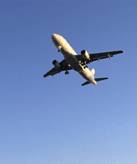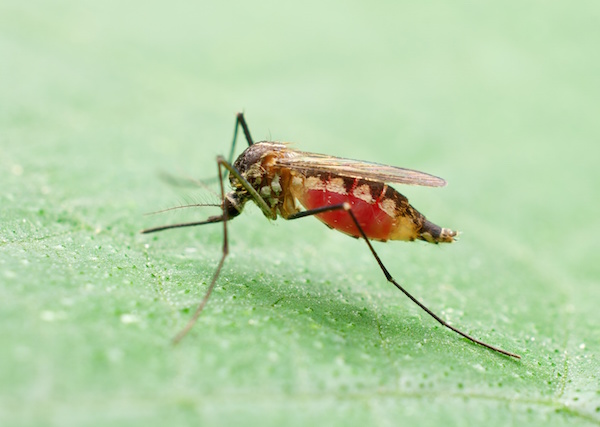
WEDNESDAY, March 20 (HealthDay News) — On airplanes, measles can spread beyond the passengers seated immediately around an infected person, a new study says.
Researchers analyzed data on 45 people with measles (primary cases) who traveled on 49 separate airline flights to or within Australia between January 2007 and June 2011.
The primary cases infected 20 other people on seven of the flights, and these secondary cases developed measles within 10 to 14 days after exposure. All of the secondary cases occurred on international flights, and none occurred on flights within Australia.
Most of the primary cases were Australians who were infected in other countries, and nearly all of the secondary cases were also Australians, according to the study scheduled for presentation at a meeting of the Australasian Society for Infectious Diseases, Wednesday through Saturday in Canberra.
Nine (45 percent) of the secondary cases were seated within two rows of the primary cases, while 11 (55 percent) were seated farther away. Secondary cases were more likely to occur when children were the primary cases or when multiple people with measles were traveling on the same plane.
The findings suggest that direct contact tracing of airline passengers seated within two rows of a person with measles — as is currently recommended in some international public health guidelines — is not an effective way to prevent further cases, the researchers said.
“We recommend that direct contact tracing to identify susceptible people exposed to measles cases on [airplanes] should not be undertaken routinely, and other strategies should be considered,” wrote Dr. Gary Dowse, Communicable Disease Control Directorate in the department of health, Perth, Australia, and colleagues.
Suggestions for other strategies include using media alerts to inform people about flights on which passengers might have been exposed to measles, and to provide advice about what people should do in such cases.
Another possible strategy would be to use email or other types of electronic messaging to alert all passengers who may have been exposed to measles on flights.
Measles, a highly contagious virus, is a leading killer of children globally even though a vaccination is available. In 2011, measles caused 158,000 deaths worldwide, according to the World Health Organization.
More information
The U.S. Centers for Disease Control and Prevention has more about measles.

